

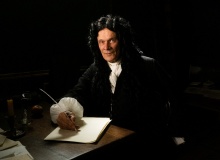
‘Leibniz – Chronicle of a Lost Painting’ is, according to its creators, “an exchange between scholars and artists, revealing the countless facets of Gottfried Wilhelm Leibniz”.
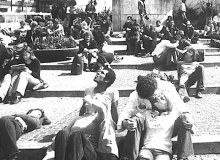
A Jesus March, a boat parade, and a programme of worship and testimony, made Amsterdammers and visitors aware of the vitality and diversity of the church in the city.
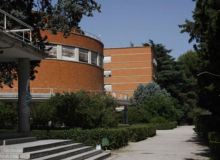
“This is a milestone in the history of Spanish universities”, says the coordinator of the degree in Religious Studies at the Complutense University of Madrid.

‘Firm and secure anchor’ was the theme of the events held in the cities of Albacete and Oviedo.

Larry Sanger, co-founder of Wikipedia and doctor of philosophy, has surprisingly recounted in his blog how, when and why he made the decision to follow Jesus.

What can evangelical voices offer to supplement or correct what ordinary Ukrainians think about their national identity? What special contribution can they make?

A report by the ILO warns that the number of exploited people has increased, and traffickers' profits have grown by 37% in the last decade.

You need someone who won't try to fool you, but examines your heart: you need God.
.jpg)
As the Dutch led the way in shipping, map-making, navigation, trade, art and science, new ideas about God, man and the cosmos were conceived by Amsterdam-based thinkers like Descartes, Locke and Spinoza.
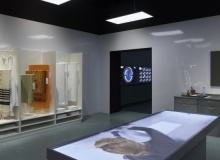
In Berlin, an exhibition shows death up close and personal. It’s certainly not for everyone, but still a fascinating experience.
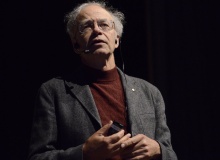
Utilitarian approaches often involve sacrificing some for the benefit of a majority. Singer’s proposals undermine the dignity and rights of some for the benefit of others.

Archaeologists identify inscriptions on stones from the 8th century BC that match the biblical account. They describe them as “the earliest manuscripts of the Bible”.

A report shows that forced labour and forced marriage have risen significantly in the last five years, specially among women and children.
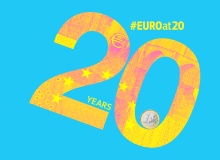
Over 340 million Europeans in 19 countries use the currency today. The creation of a digital euro is among the challenges ahead, which could have “far-reaching implications for societies in the future”, says a Christian analyst.

When we survey the treatment that God has received from philosophers down through the millennia, it is not hard agree with Unamuno’s assessment of the god of philosophy as “a dead thing”.
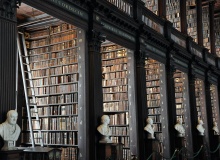
Plotinus is regarded as the founding father of Neo-Platonism, and influenced Saint Augustin’s thought, maybe even after the latter’s conversion to Christianity.
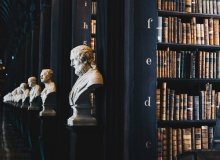
Who or what is the “god of the philosophers”? When we find references to “god” in the ancient teaching of oriental, Indian and Greek thinkers, who or what, are they referring to?
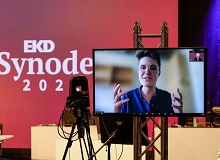
With the appointment of Anne-Nicole Heinrich, the institution aims to send a message of “missionality and inclusion”.
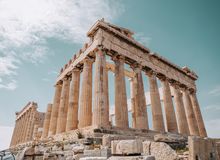
The purpose of this article is to show ten ways in which Greco-Roman philosophy, religion, and worldview influenced Christian theology.
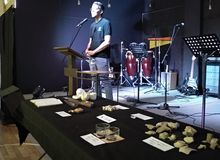
Biblical archaeology does not seek to prove or disprove the content of the Bible, but to describe the historical framework in which the biblical books were formed.
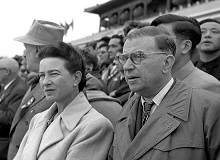
All his contradictions are no more than the expression of a philosophy centred in freedom of choice – and choices may vary according to circumstances or historical moments.
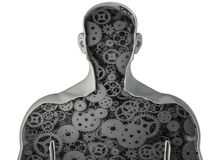
We need a deeper understanding which transcends the distorted reflections of ourselves that we find in our own technology.

The Unamuno Prize was given to philosopher and university professor José Luis Villacañas, for “his brave defense of the memory of Protestantism as an integral part of the history of Spain”.

Since 2006, news website Protestante Digital gives the award to non-Protestant Spaniards who work for religious freedom and coexistence.

The biblical work ethics clashes with a system that, according to the International Labour Organization, “experiences a lack of material well-being, economic security, equal opportunities or scope for human development”.

Las opiniones vertidas por nuestros colaboradores se realizan a nivel personal, pudiendo coincidir o no con la postura de la dirección de Protestante Digital.